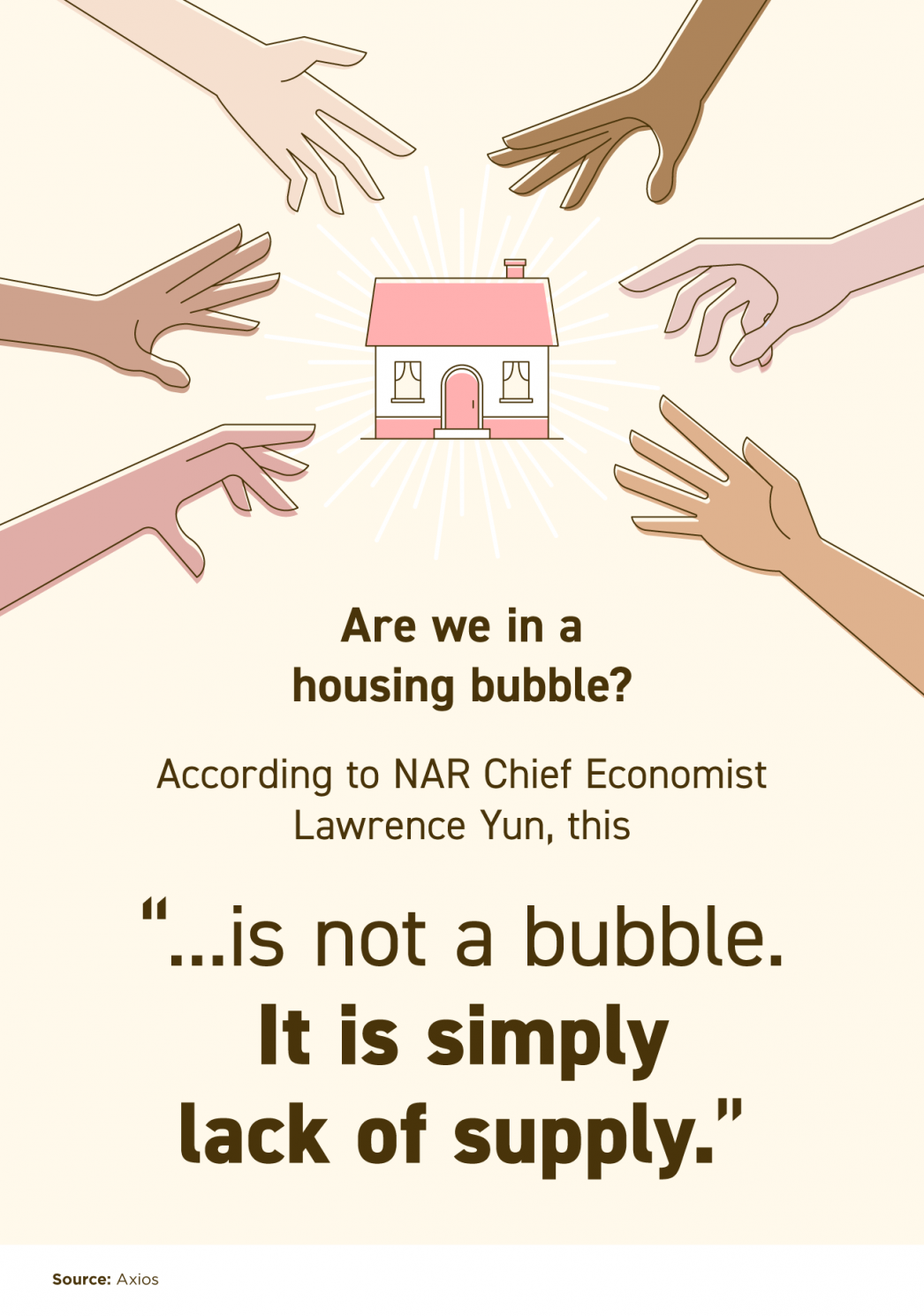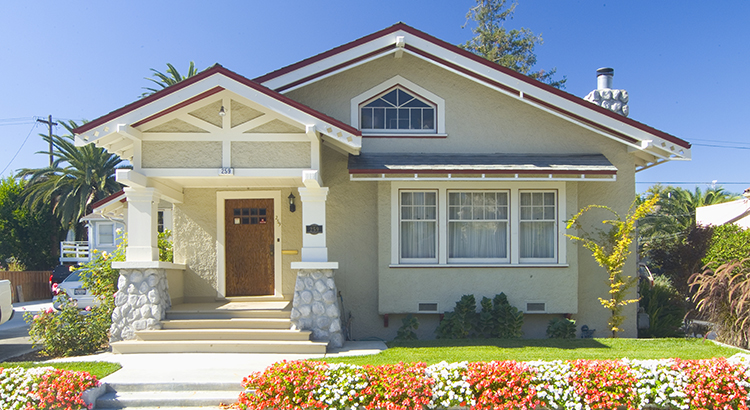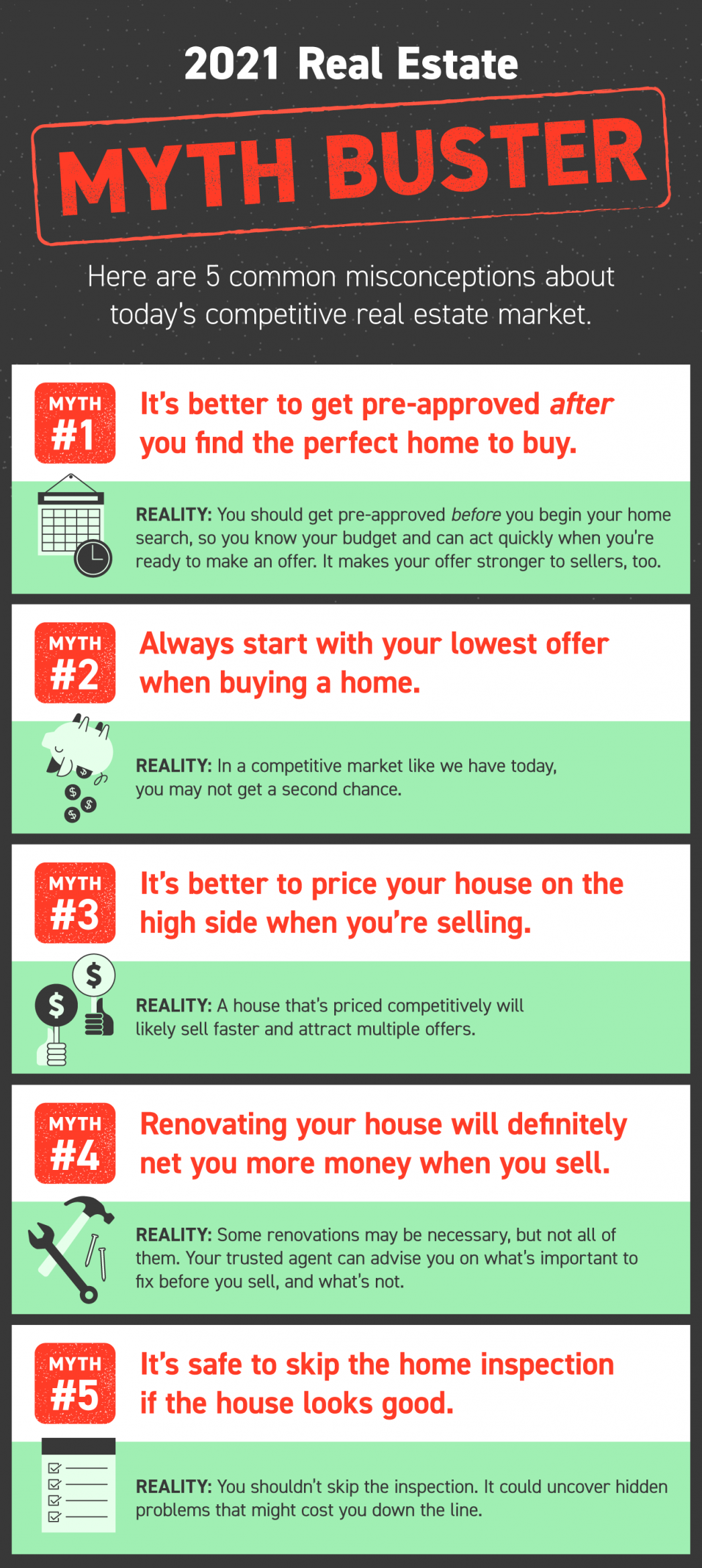Does “Aging in Place” Make the Most Sense?

A desire among many seniors is to “age in place.” According to the Senior Resource Guide, the term means,
“…that you will be remaining in your own home for the later years of your life; not moving into a smaller home, assisted living, or a retirement community etcetera.”
There is no doubt about it – there’s a comfort in staying in a home you’ve lived in for many years instead of moving to a totally new or unfamiliar environment. There is, however, new information that suggests this might not be the best option for everyone. The familiarity of your current home is the pro of aging in place, but the potential financial drawbacks to remodeling or renovating might actually be more costly than the long-term benefits.
A recent report from the Joint Center for Housing Studies of Harvard University (JCHS) titled Housing America’s Older Adults explained,
“Given their high homeownership rates, most older adults live in single-family homes. Of the 24 million homeowners age 65 and over, fully 80 percent lived in detached single-family units…The majority of these homes are now at least 40 years old and therefore may present maintenance challenges for their owners.”
If you’re in this spot, 40 years ago you may have had a growing family. For that reason, you probably purchased a 4-bedroom Colonial on a large piece of property in a child-friendly neighborhood. It was a great choice for your family, and you still love that home.
Today, your kids are likely grown and moved out, so you don’t need all of those bedrooms. Yard upkeep is probably very time consuming, too. You might be thinking about taking some equity out of your house and converting one of your bedrooms into a massive master bathroom, and maybe another room into an open-space reading nook. You might also be thinking about cutting back on lawn maintenance by installing a pool surrounded by beautiful paving stones.
It all sounds wonderful, doesn’t it? For the short term, you may really enjoy the new upgrades, but you’ll still have to climb those stairs, pay to heat and cool a home that’s larger than what you need, and continue fixing all the things that start to go wrong with a 40-year-old home.
Last month, in their Retirement Report, Kiplinger addressed the point,
“Renovations are just a part of what you need to make aging in place work for you. While it’s typically less expensive to remain in your home than to pay for assisted living, that doesn’t mean it’s a slam dunk to stay put. You’ll still have a long to-do list. Just one example: You need to plan ahead for how you will manage maintenance and care—for your home, and for yourself.”
So, at some point, the time may come when you decide to sell this house anyway. That can pose a big challenge if you’ve already taken cash value out of your home and used it to do the type of remodeling we mentioned above. Realistically, you may have inadvertently lowered the value of your home by doing things like reducing the number of bedrooms. The family moving into your neighborhood is probably similar to what your family was 40 years ago. They probably have young children, need the extra bedrooms, and may be nervous about the pool.
Bottom Line
Before you spend the money to remodel or renovate your current house so you can age in place, let’s get together to determine if it is truly your best option. Making a move to a smaller home in the neighborhood might make the most sense.
It’s a Great Time for Your House to Shine
It's a Great Time for Your House to Shine April 30, 2021 Today's housing market makes it easy to win as a seller. Let's connect if you're ready to make a move this year.

Utah Housing This Isn’t a Bubble. It’s Simply Lack of Supply
This Isn’t a Bubble. It’s Simply Lack of Supply. [INFOGRAPHIC] Some Highlights In a recent article, Lawrence Yun, Chief Economist for the National Association of Realtors (NAR), discussed the state of today’s housing market. When addressing whether or not today’s high...
Endless Utah Real Estate Possibilities
Top 4 Reasons to Own a Home
Top 4 Reasons to Own a Home Owning a home can have an incredible impact on your quality of life. Let's connect if you're ready to make your dream of homeownership a reality.

4 Major Reasons Households in Forbearance Won’t Lose Their Homes to Foreclosure
4 Major Reasons Households in Forbearance Won’t Lose Their Homes to ForeclosureThere has been a lot of discussion as to what will happen once the 2.3 million households currently in forbearance no longer have the protection of the program. Some assume there could...

Don’t Sell on Your Own Just Because It’s a Sellers’ Market
Don’t Sell on Your Own Just Because It’s a Sellers’ MarketIn a sellers’ market, some homeowners might be tempted to try to sell their house on their own (known as For Sale By Owner, or FSBO) instead of working with a trusted real estate professional. When the...
Top 10 commercial real estate markets for 2021
NAR Study Puts Salt Lake in Top 10 Commercial Markets The National Association of Realtors® identified the top 10 commercial real estate markets for 2021. They are: Austin-Round Rock, Texas; Cape Coral-Fort Myers, Florida; Charleston-North Charleston, South...

What It Means To Be in a Sellers’ Market
What It Means To Be in a Sellers’ Market If you’ve given even a casual thought to selling your house in the near future, this is the time to really think seriously about making a move. Here’s why this season is the ultimate sellers’ market and the optimal time to make...

2021 Real Estate Myth Buster
2021 Real Estate Myth BusterSome HighlightsThere are a lot of misconceptions about buying or selling a home today, making it challenging to know exactly how to navigate the current real estate landscape.Here’s a little clarity when it comes to 5 common myths about the...

What Credit Score Do You Need for a Mortgage?
What Credit Score Do You Need for a Mortgage? According to data from the most recent Origination Insight Report by Ellie Mae, the average FICO® score on closed loans reached 753 in February. As lending standards have tightened recently, many are concerned over whether...

